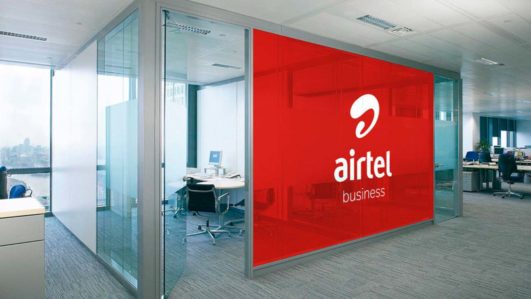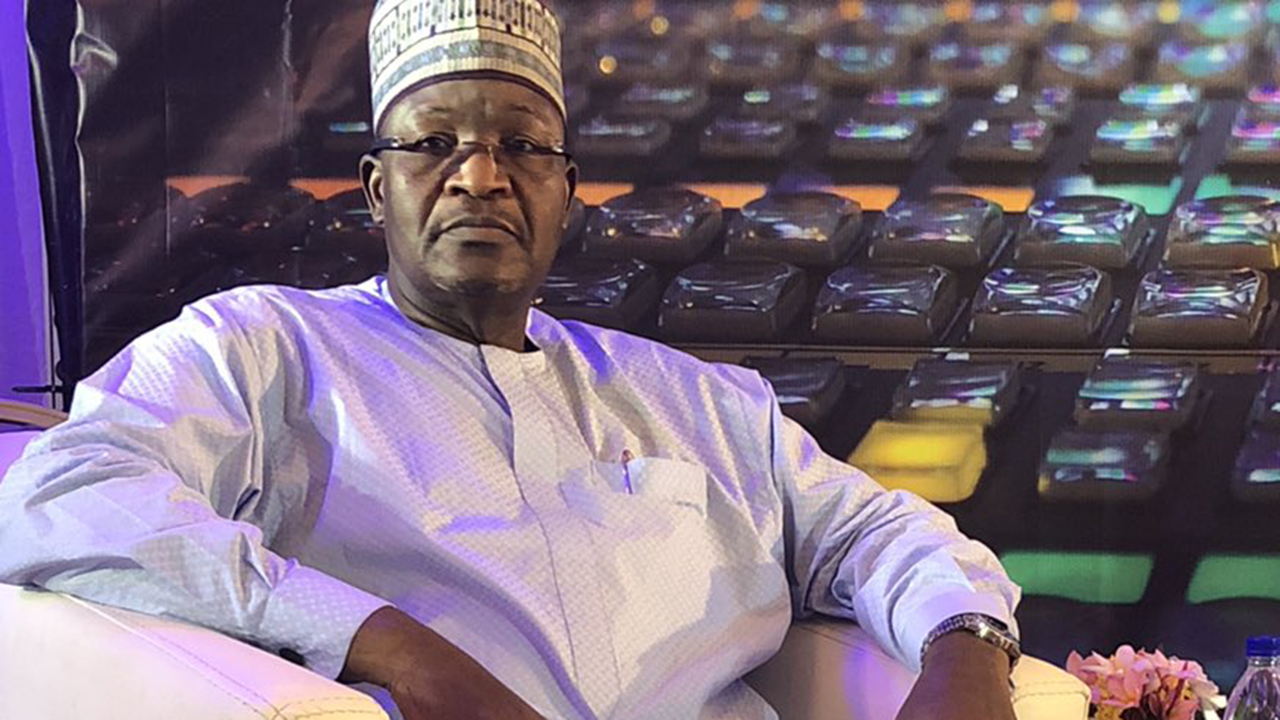The management of Airtel Africa Plc (AIRTELAFRI) hosted a group investor session in Lagos at the end of last week to discuss H1-20 results and the outlook for the business. These are some of the key issues discussed:
Accelerating top line growth and lower net debt: Revenue grew 12.6% y/y in Q2, from 10.2% y/y in Q1, with sequential improvements across all regions. Management stated that according to the NCC: In September, on a m/m basis, Airtel Nigeria grew data subscribers by c.445k, nearest competitor c.74k (MTNN).
Net debt was down 50.4% y/y to USD3.2bn and with leverage (Net debt to EBITDA: 2.3x) down to within the guidance range of 2.0x to 2.5x, the company declared an interim dividend of USD0.03/share.
On recent USSD issue between banks and telcos: The charges have always existed and are not new. Some operators charge customers, some charge the banks, depending on what USSD service are used. The regulator (NCC) has asked telcos to suspend charges until a fair solution is found. Current charges are regulated by the NCC and are between NGN1.89 and NGN4.00 per session.
On Average Revenue Per User (ARPU) for Data: MTN: c. USD4.00; AIRTEL: c. USD2.40. MTN has more premium customers. As Airtel’s 4G dominance increases, ARPU will grow. Focus is on 4G expansion as 4G customer ARPU is substantially higher than 2G and 3G customer ARPU on data.
Delay in PSB license: Airtel keen to launch the mobile money service in Nigeria. Group has put in the application, and fulfilled the requested conditions; just waiting for the regulator to review and provide approval in principle for both payment service bank and super-agent licenses. The group believes it will be awarded the license in the next couple of months; worst case, scenario early next year.
On playing catchup in the Nigerian mobile money space: Vis-à-vis PSB license, indigenous operators, Glo and 9mobile, have only been issued “approval-in principle”. They are not able to begin mobile money operations yet. Also, they are smaller operators who do not have the scale of their bigger multinational counterparts. Airtel’s current success in Mobile Money has not been about beginning operations first. It has been about finding the right strategy and execution. For 7 years, Airtel did not have mobile money in Zambia (MTN and another player controlled c.99.0% of the market). Now Airtel is the biggest player in that space in Zambia. Airtel played catchup in 4G as well, as the company was the last to begin the 4G rollout. Today, the company has the largest 4G network in Nigeria. Nigeria is an untapped market for mobile money, with significant revenue potential, so there are opportunities for everyone.
On Currency risk:
Democratic Republic of Congo (DRC) is a highly dollarised economy, and as such there is no currency risk. All transactions in local currency are done at prevailing exchange rate each day.
Chad, Niger, Gabon, Congo-Brazzaville use CFA Franc which is pegged to the Euro; marginal movement, marginal impact.
Major currency risk exists in East Africa & Nigeria, and as such the company makes efforts towards balancing FCY and LCY debt.
Excluding Nigeria, average currency devaluation over the last 3-5 years across countries of operation has been c.3%.
Investing in Airtel Africa is great opportunity to hedge as it offers exposure to different countries
On average, in the medium term, expected devaluation – 2.5% – 3.0%
Funding the next 5 years: Continuous EBITDA expansion gives advantages of adjusted leverage. There is a window available to expand external financing; Target Net Debt/EBITDA – 2.0x – 2.5x (Currently: 2.3x; ex- Lease Obligations:1.3x.) Enough headroom to cater to the needs if any exigency arises.
Opportunities for further monetisation from sale of Towers, monetising 35 km of Fibre Network, setting up revenue share for Data Centres across 14 countries, which the company has just started upgrading.
There is enough headroom for further investment whenever required.
Airtel Money does not have a heavy capex requirement, unlike telecoms. The company can build more capacity at lower incremental cost, and as such, the capex requirement will not go up substantially.
Long term Capex intensity at c15.0-16.0% (currently: c.18.0%).
Facebook Libra: No significant risk. Airtel Money will be parallel supply side for the poor outside of banking system. Airtel Money will serve as a bank for the unbanked + a fintech company.
Debt structure:
A lot of debt is short term debt taken at local operating company level – LCY (USD235 million); FCY (USD562 million).
Finance lease obligations (USD1.2bn) are payable over a 7-10-year period.
FCY debt at Holdco level is USD2.7 billion which comprises:
CHF350m due in March 2020
EUR750m bond due in 2021
USD505m bond due in 2023
USD1bn bond due in 2024
Immediate requirement is Mar 2020 loan. The group has USD1.5 billion cash in the bank – which is sufficient to pay upcoming obligation. There are also enough facilities in hand to take up as and when required to do so for the rest of the debt.
Weighted Average Cost of Debt – 4.5%
To reduce effect of devaluations, the group has a hedging policy – anything due in 6months, 50% – 70% of the value is hedged; anything due after 6 months – 1 year, 25%-35% of the value is hedged, as at the end of day that is also expensive.
Nigeria operating company is debt free. Only lease obligation.
Overall debt structure will not be significantly higher in medium term except for a black swan event.








